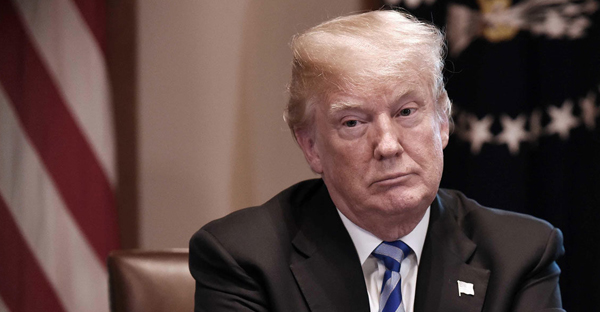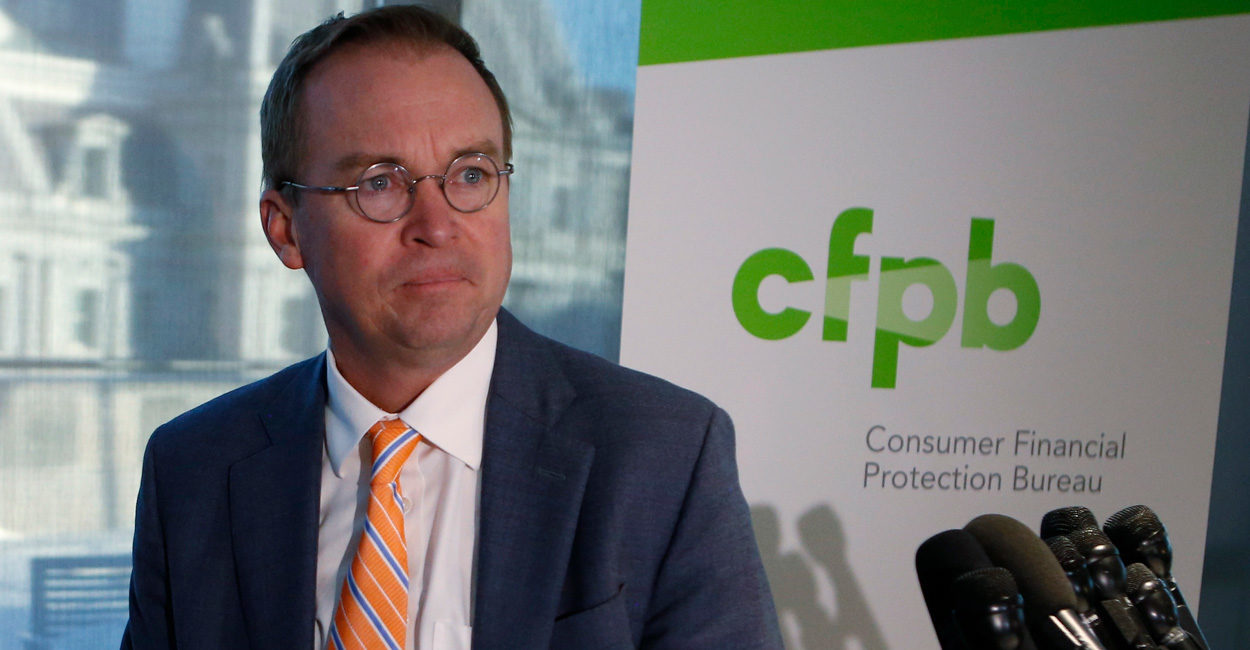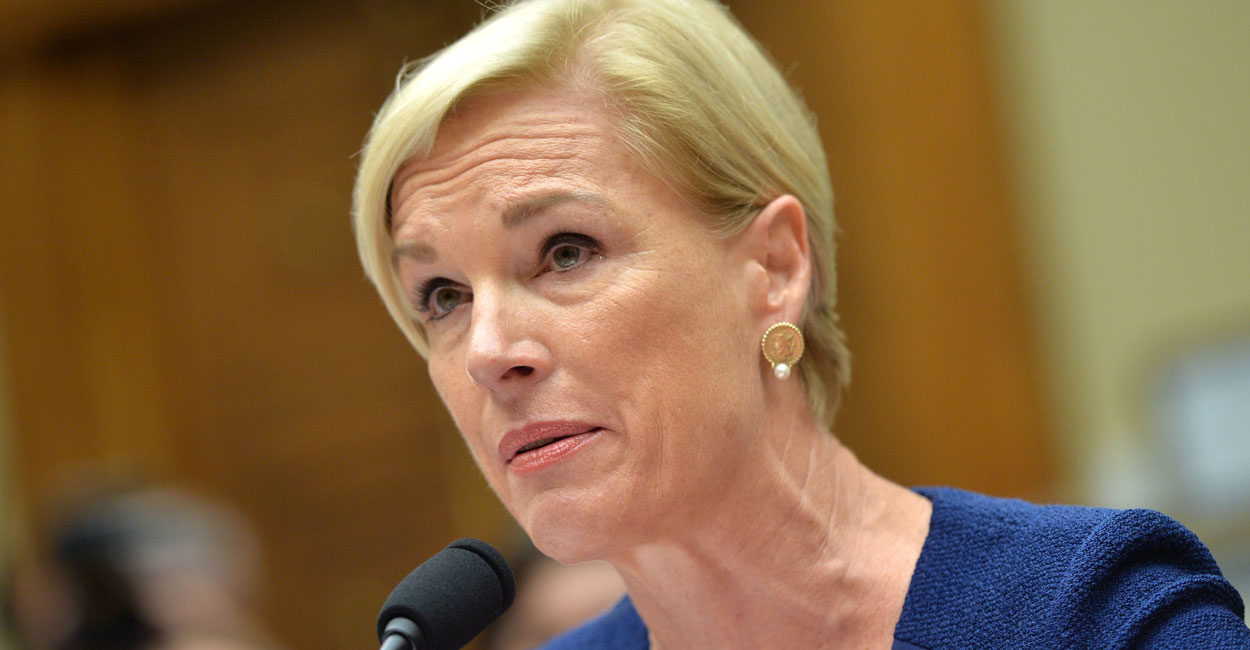Now that the Senate is moving forward with the tax reform bill, the pressure from the progressive socialist liberal democrats will become much stronger, more depraved and more pathologically divisive. It's just who the are and always been and will always be. They are not nice people. The wish to do us harm just to get and keep power. They are the enemy of the people.
The main thrust of the liberals democrats agenda in attacking the tax reform bill, and what the fear the most is a Republican success story. If the bill finally is passed into law and the economy actually can be seen as rebounding to help everyone's personnel financial situation, even more then it is right now, the socialist democrats are toast in 2018 and for decades to come.
And as a side note, if Supreme Court Justice Kennedy retires and Trump gets to pick another member of the high court, the fall-back position of having the courts to do their bidding when the legislature fails to enact socialist laws and regulation, the liberal socialist democrats will know their chances for destroying the country as founded, and rebuilding it as Barack envisioned, will be gone for generations.
And that's a good thing for national unity and national security.
Why Eliminating Obamacare’s Individual Mandate Should Be Part of Tax Reform
Rachel Greszler / November 27, 2017
Why Eliminating Obamacare’s Individual Mandate Should Be Part of Tax Reform
Rachel Greszler / November 27, 2017
Obamacare’s individual mandate survived the Supreme Court’s 2012 ruling on the Affordable Care Act solely because the court interpreted the insurance requirement as a “tax.”
But now that Republicans in the Senate have included repealing—or zeroing out—this “tax” as part of tax reform, Democrats are crying foul play, accusing Republicans of trying to wrongly include their health care goals in tax reform.
As a “tax,” it makes sense for Congress to address Obamacare’s individual mandate within the context of tax reform. “The individual mandate cannot be upheld as an exercise of Congress’s power under the commerce clause,” Chief Justice John Roberts wrote in the Supreme Court’s decision, because Congress can only regulate interstate commerce—not order individuals to engage in it. Roberts added:
In this case, however, it is reasonable to construe what Congress has done as increasing taxes on those who have a certain amount of income, but choose to go without health insurance. Such legislation is within Congress’s power to tax.
A primary goal of tax reform is to let Americans keep more of their own hard-earned money. After all, most Americans will agree that they can spend their own money better than government can.
But now that Republicans in the Senate have included repealing—or zeroing out—this “tax” as part of tax reform, Democrats are crying foul play, accusing Republicans of trying to wrongly include their health care goals in tax reform.
As a “tax,” it makes sense for Congress to address Obamacare’s individual mandate within the context of tax reform. “The individual mandate cannot be upheld as an exercise of Congress’s power under the commerce clause,” Chief Justice John Roberts wrote in the Supreme Court’s decision, because Congress can only regulate interstate commerce—not order individuals to engage in it. Roberts added:
In this case, however, it is reasonable to construe what Congress has done as increasing taxes on those who have a certain amount of income, but choose to go without health insurance. Such legislation is within Congress’s power to tax.
A primary goal of tax reform is to let Americans keep more of their own hard-earned money. After all, most Americans will agree that they can spend their own money better than government can.
Zeroing out the individual mandate would put between $695 and $13,100 of individuals’ and families’ earnings back into their pockets if they decide it is not beneficial for them to purchase the type of health insurance that Obamacare requires.
Tax reform is also about reducing the government’s undue influence over people’s personal choices, so that they are freer to work, invest, and spend more of their own money based on what’s best for them.
For many individuals, buying overpriced and highly regulated health insurance through Obamacare is not a sensible use of their hard-earned money. That’s why, according to the IRS, 6.2 million Americans decided to pay Obamacare’s uninsured penalty, or “tax,” in 2015; and 12.7 million obtained exemptions from it. Another 4.3 million people refused—without consequence—to tell the Internal Revenue Service whether or not they have insurance coverage.
The Congressional Budget Office estimates that repealing or zeroing out the individual mandate penalty would increase the number of uninsured individuals by 13 million in 2027, but less than half of that increase—5 million—would come from people abandoning their individual and Obamacare plans. Another 5 million would drop their virtually free Medicaid coverage, and 2 million would choose to give up their employment-based coverage. (Figures don’t add due to rounding.)
Those decisions are for individuals to make, absent government-imposed penalties or “taxes” on their personal choices.
The individual mandate has a particularly disparate impact on lower-income Americans. Of those who paid the individual mandate penalty in 2014 and 2015, 42 percent were families making less than $25,000 a year, and 82 percent made less than $50,000 a year.
Since this is a regressive “tax” that forces individuals to buy something they don’t want, tax reform aimed at providing lower- and middle-income tax relief is the perfect place to fix the problem.
Congress should eliminate Obamacare’s “tax” on uninsured individuals and use the additional $338 billion in revenues to reduce rates across the board, so that all Americans can keep more of their own money.




